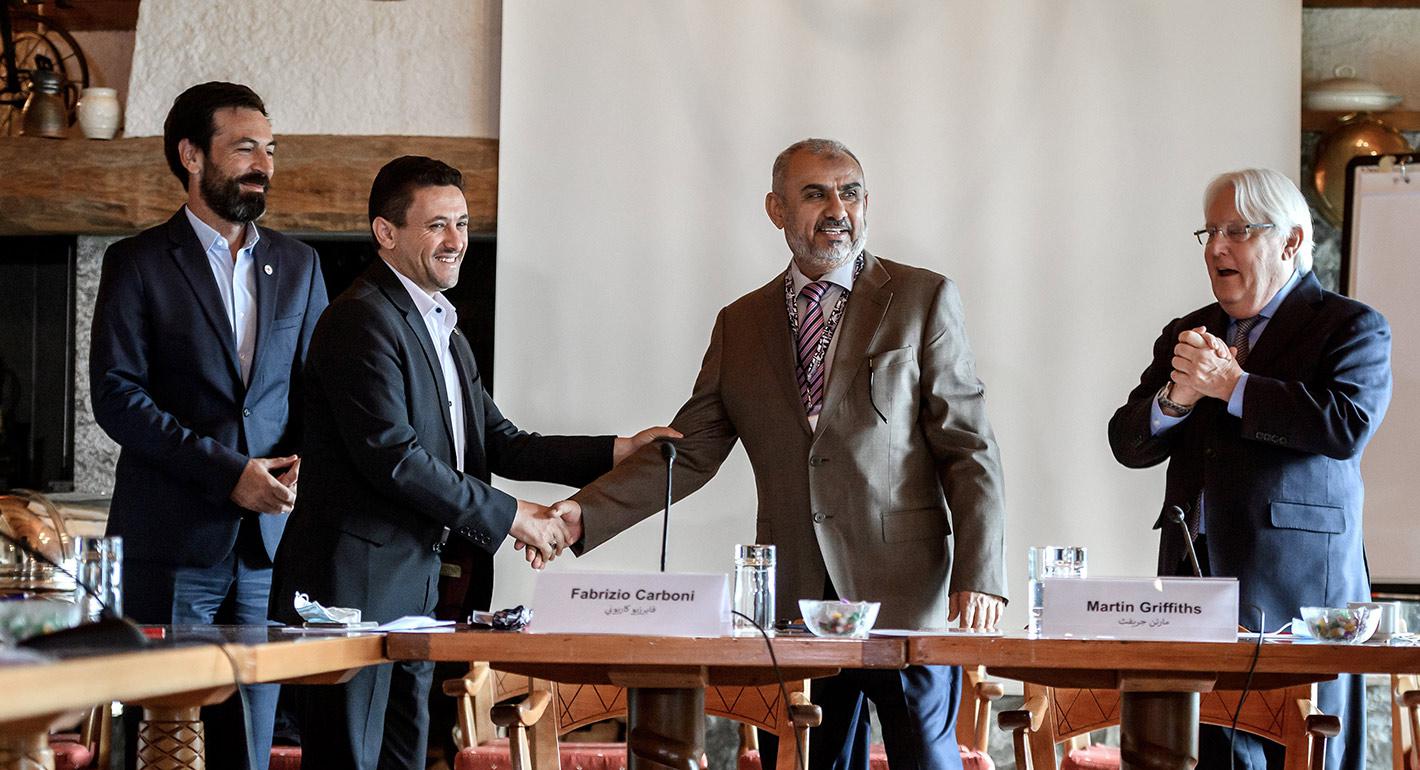Yemen’s conflict may be entering a critical phase. That’s not because the war has become easier to end; if anything, almost seven years of fighting and factionalization of -armed groups, many with the support of external actors- has only made the war more complex. But the Biden administration’s changed approach to the war, regional actors who appear more open to compromise (or at least to talking), and the appointment of a new UN Special Envoy have all created a window of opportunity for reaching a nation-wide ceasefire and beginning peace negotiations in earnest.
The UN and U.S. Special Envoys should take advantage of this reset and give negotiations a better chance for success by making them more inclusive, and bringing civil society actors, with an emphasis on including Yemeni women, into the main track of negotiations. So far, the Envoys’ efforts have largely focused on negotiating a ceasefire and agreement on the basis for a new political process between the Houthis and the internationally recognized government of Yemen (and its backers, including Saudi Arabia). Although a ceasefire between these two parties is badly needed. But this would only be the first step in a much longer process. A comprehensive peace process should not go forward without a more inclusive framework for negotiations.
To date, the UN process has followed a two-party framework to negotiations, an approach that has failed to include many of the most important stakeholders in the conflict and Yemeni society more broadly. A more inclusive process is vital to reaching an agreement that won’t be quickly foiled by spoilers. A framing of the conflict as being largely between the Houthis and Saudi Arabia that has taken hold especially in western media is unfortunate because it conceals the vital work that Yemeni civil society organizations and leaders are doing on the ground to defuse tensions, grapple with justice and accountability, and put forth an alternative vision for peace that is driven by Yemenis themselves.
Civil society organizations are working across the country to facilitate humanitarian aid and support local peace-building efforts, despite a host of barriers ranging from a lack of international donor support to the rapidly declining value of Yemeni currency. For example, an organization of Yemeni women, the Peace Track Initiative, recently hosted a Yemen Feminist Peace Convening to develop a Feminist Peace Roadmap, for example.
Given that Yemen already faces enough obstacles to peace, a non-inclusive peace process could certainly doom efforts for ending the war altogether. As Séverine Autesserre has shown, peace is more sustainable when international actors, who themselves often have little knowledge of conditions on the ground or the existence of local peacebuilding institutions, empower local citizens rather than attempt to impose peace from the outside.
This could be the international community’s last chance to strike a “grand bargain” in Yemen before fragmentation makes national unity an impossibility. They should seize this chance by pushing for more inclusive negotiations.
Alexandra Stark is a senior researcher at New America. She focuses on U.S. policy toward Yemen and currently working on a book about the U.S. approach to Yemen’s ongoing civil war for Yale University Press. Follow her on Twitter @AlexMStark.






